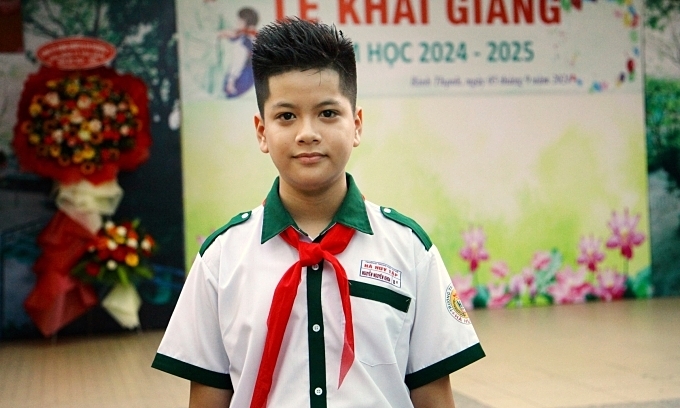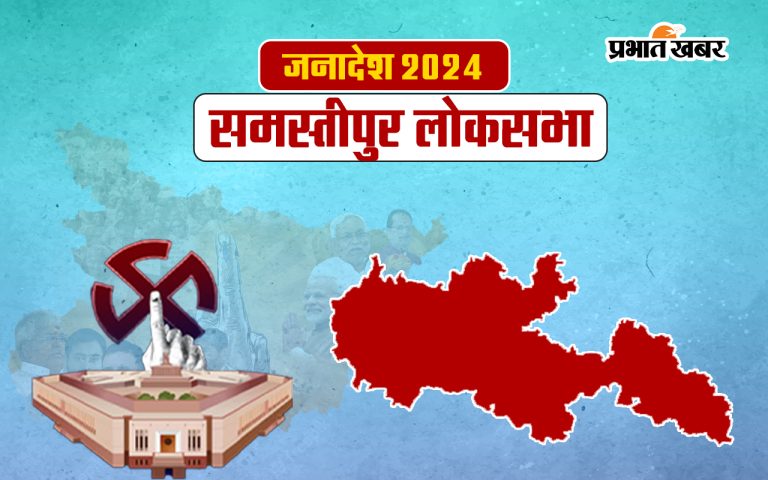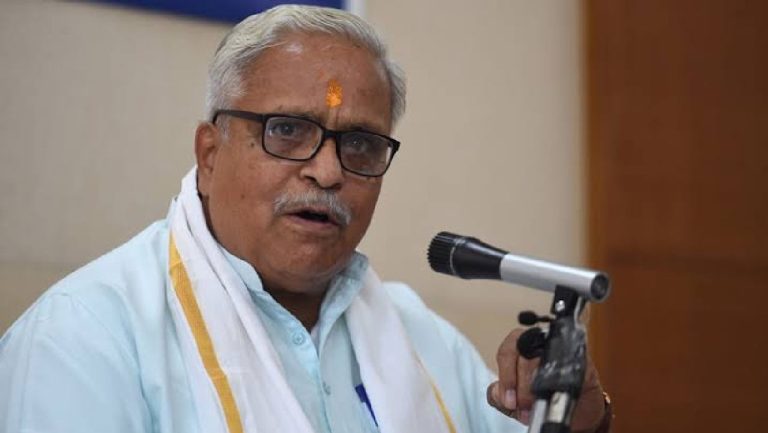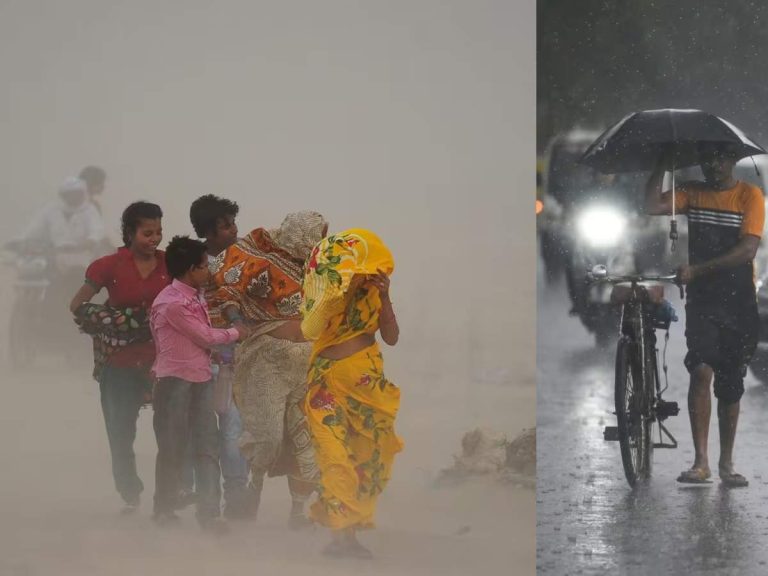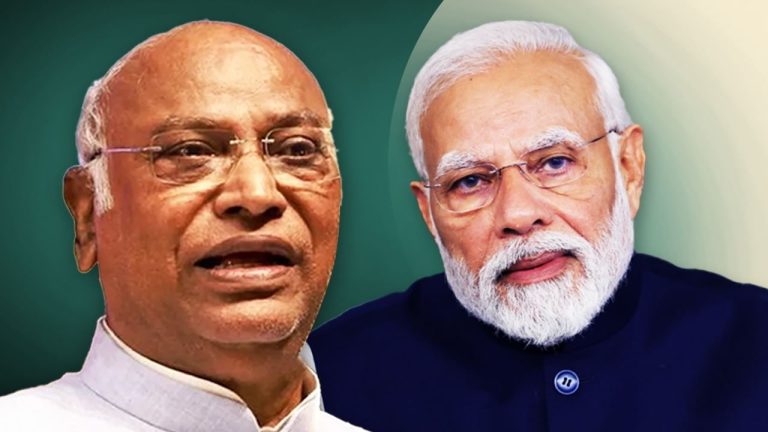Vietnamese 14-year-old boy in top 5% SAT scores, wins Singapore government scholarship
Nguyen Nguyen Khoa recalls the joy he felt upon receiving the email notification of his success at noon on Aug. 27.
“I shouted ‘Yes! Yes!’ and then ran to hug my mom and younger brother,” Khoa recounted. “I had a feeling I might win the scholarship after the interview round, but I was still incredibly happy.”
The ASEAN Scholarship, awarded by the Singapore government to middle school students across Southeast Asia, typically goes to 20-40 Vietnamese students each year.
With this scholarship, Khoa will have all his tuition and living expenses covered for two years of high school and two years of pre-university studies in Singapore. The scholarship also covers dormitory fees, initial settlement allowances, exam fees for the GCE O-Level and GCE A-Level (Singapore’s secondary and high school graduation exams), as well as insurance.
Before winning the scholarship, Khoa had already distinguished himself academically. The boy scored in the top 5% globally on the SAT and even conducted an online tutoring math course for his peers.
Late last year, Khoa, then an 8th grader at Ha Huy Tap Secondary School in Ho Chi Minh City, took the SAT and scored 1440 out of 1600. The SAT is a standardized test commonly used by U.S. universities for admissions, with the average score for the 1.9 million students worldwide who took the test last year being 1028.
Khoa first learned about the ASEAN Scholarship during the summer after his sixth grade. Out of curiosity, he took a practice test at a test prep center and scored 65 out of 100, surprising his teachers, who then encouraged him to pursue the scholarship.
That same year, Khoa visited Singapore to participate in a robotics competition at Nanyang University. He was impressed by how the island nation integrates technology into all aspects of life, from public transportation to schools and immigration procedures, which strengthened his determination to win the scholarship.
Nguyen Nguyen Khoa (L) exchanges with a Bangladeshi participant at an international event. Photo courtesy of his parents
In 8th grade, Khoa created a detailed plan, listing all the tasks he needed to accomplish to achieve his goal, including academics, extracurricular activities, exams, and the interview round.
Khoa knew he needed to maintain a 9.5/10 GPA and stay physically fit. He often cycled to school each morning, completed all his assignments in class, and spent his free time programming, photographing, and swimming. Despite his packed schedule, he ensured he was in bed by 10 p.m. each night.
Improving his math and English skills was Khoa’s next priority, not only to excel in the scholarship exam but also to prepare for studying abroad.
The math exam, he explained, consists of 35 written questions that are not particularly difficult but require effective time management. After numerous practice sessions and mock exams, Khoa realized that the best approach was to tackle the easier questions first, then handle the more challenging ones based on his abilities. “For the most difficult questions, I tried to score points by solving them step by step,” Khoa shared.
In his SAT test late last year, Khoa nearly aced the math section with a score of 790 out of 800. He mentioned that he has always felt confident with math questions in English because he was exposed to them from a young age and gained experience tutoring the subject online during the two years of the Covid-19 pandemic.
Khoa’s first tutoring session, when he was 11 years old, attracted over 70 elementary students. He primarily guided his peers on using Khan Academy, a free learning platform, to review concepts and learn independently as needed. The project, named Math Hunter, now has over 700 learners and became a notable extracurricular activity in Khoa’s scholarship application.
Khoa’s strong foundation in English began early, learning with his mother on Duolingo, a language-learning app, since he was three years old.
He knew that the English test for the scholarship consisted of two parts: Reading Comprehension and Essay Writing. He found the Reading Comprehension section manageable, provided that the candidate is well-versed in grammar, vocabulary, idioms, and phrases. However, he noted that the Essay Writing part, which assesses the candidate’s understanding and opinions on socio-economic issues, required more time and preparation.
To improve his essay-writing skills, Khoa practiced using varied sentence structures and read The Straits Times to enhance his social knowledge, stay updated on Singaporean news, and gather material for his essays. “I often watch news videos because they help me quickly grasp key information and familiarize myself with Singlish, the English accent of Singaporeans,” Khoa said.
After passing the written test, Khoa had two weeks to prepare for the interview round. He expressed gratitude to four teachers—family friends and school connections—who guided him on how to speak concisely, stay focused, and be persuasive. Among them, Choudhury, his speaking teacher at school, helped Khoa practice for the mock interview. “Even though Choudhury was constantly traveling between U.S. states, he still enthusiastically gave me feedback, sometimes until 2 a.m.,” Khoa recalled. “He was full of energy and very inspiring.”
Khoa’s journey to securing the ASEAN Scholarship wasn’t without challenges.
His mother, Nguyen Thi My Hanh, recounted that just a few days before the interview, Khoa felt overwhelmed and wanted to give up. “Khoa said he was tired and couldn’t keep going,” Hanh recalled. “I just listened and promised him that whether he passed or failed, I wouldn’t judge him. I told him, ‘This is entirely your decision.’”
Reflecting on his initial goal of studying technology in a developed country, Khoa decided to persevere. Thanks to extensive practice, he mastered how to tell his story, leaving a strong impression on the admissions committee.
This November, Khoa will travel to Singapore to select his school and dormitory before officially starting his studies in January next year. Although he is somewhat concerned about social studies subjects, which are not his strong suit, he plans to dedicate more time to improving in this area.
Hua Thi Diem Tram, principal of Ha Huy Tap Secondary School, said that while she did not directly teach Khoa, she closely followed his academic journey and was impressed by his achievements. “Khoa works systematically, is dynamic in his thinking, and is friendly with his peers,” she said. “He may not be the top student, but he leads in spreading a love of learning.
(function(d,s,id){var js,fjs=d.getElementsByTagName(s)[0];if(d.getElementById(id))return;js=d.createElement(s);js.id=id;js.src=”
